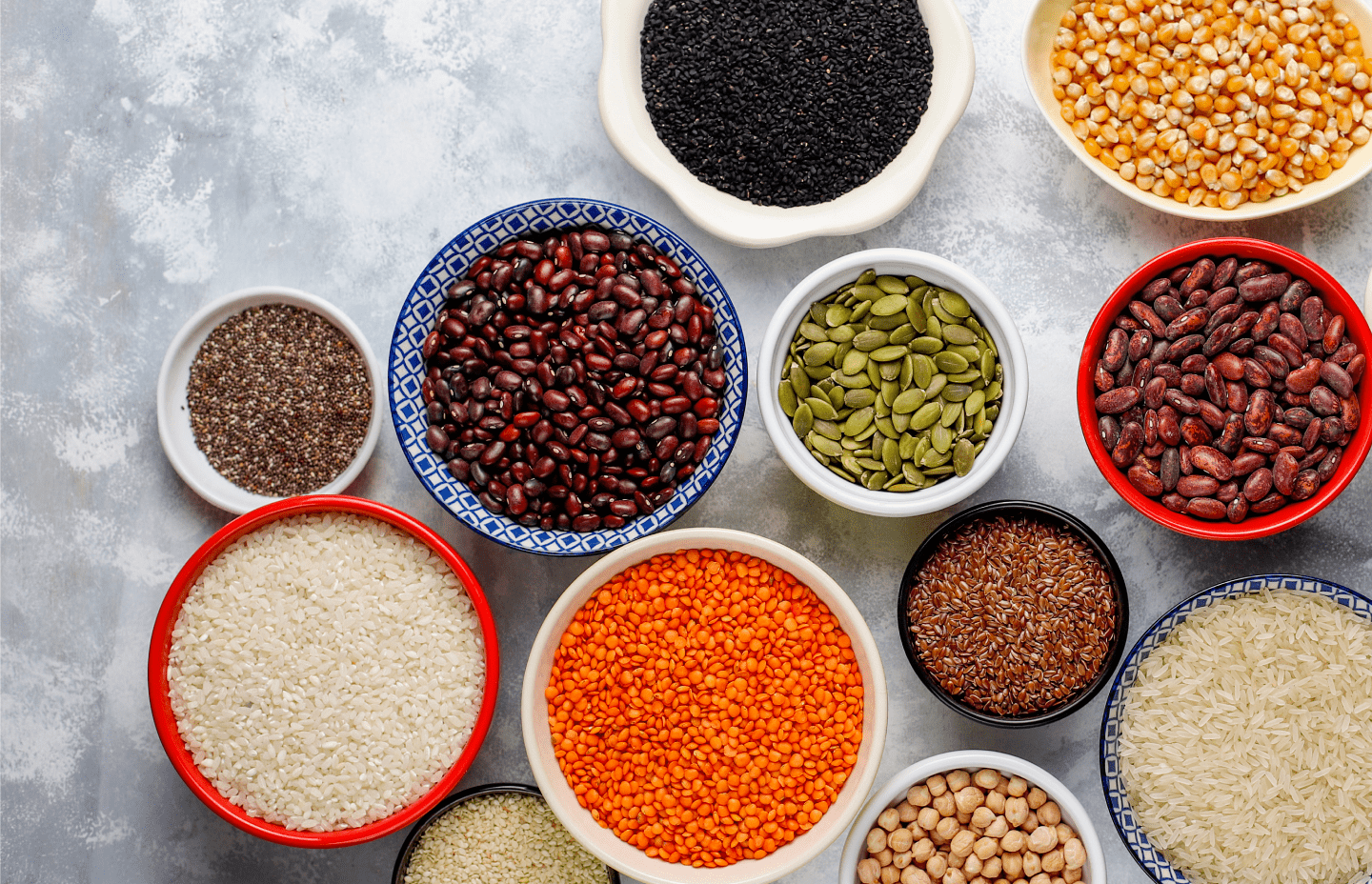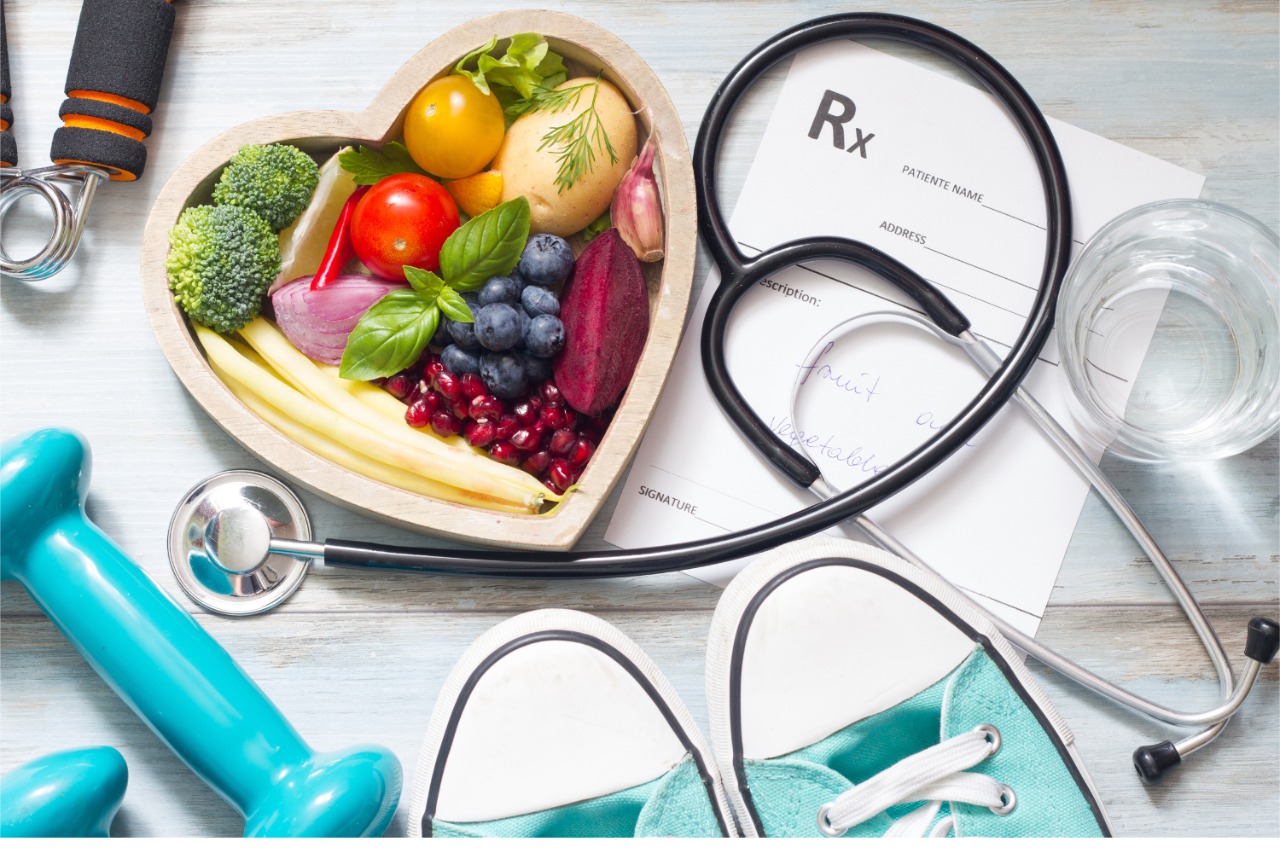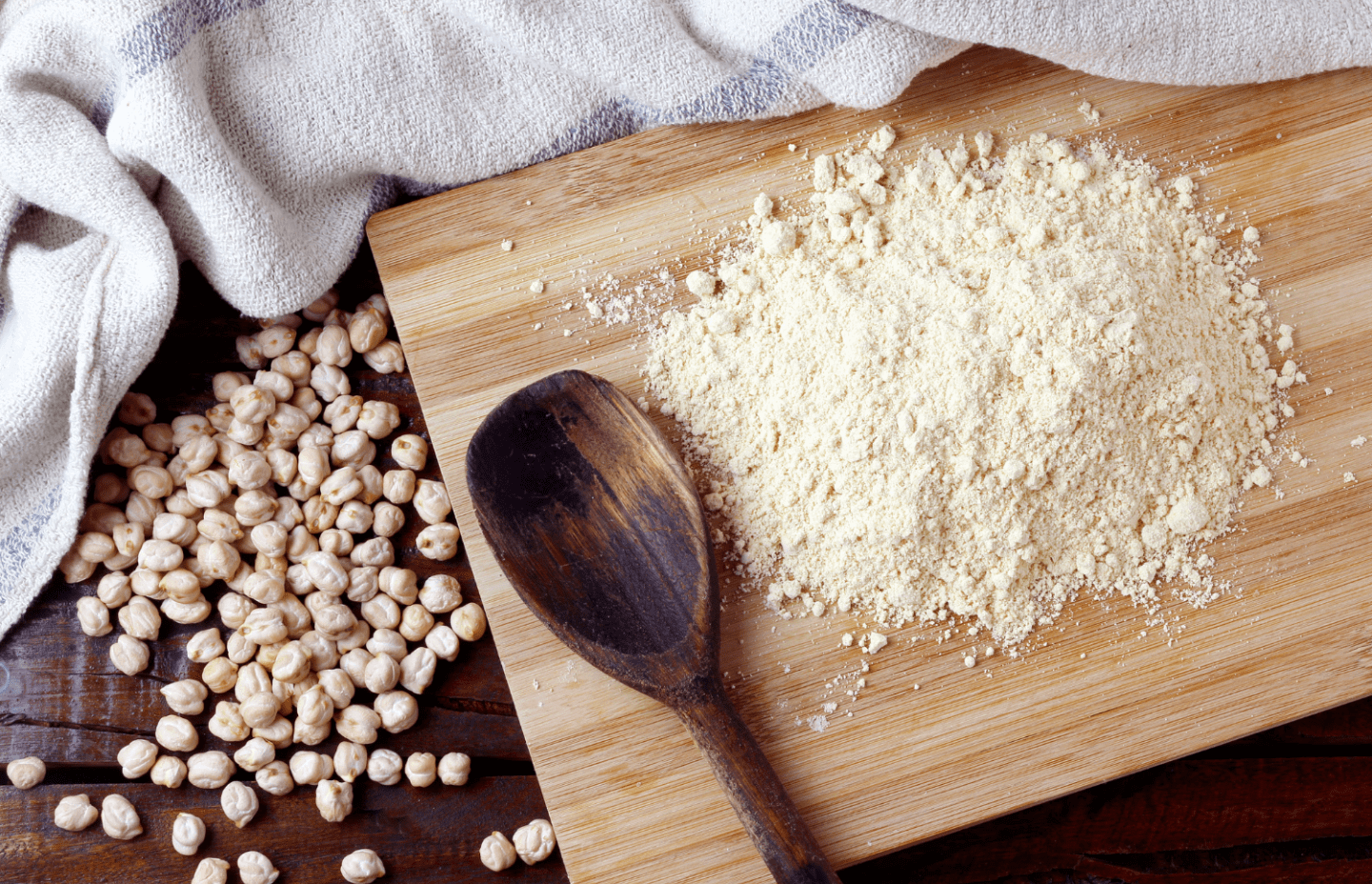
If it’s not good for the environment, it’s not good for you!
What is the first thing you check in the information panel of a grocery product while trying to make a buying decision? Is it the expiry date, the nutrient contents or the safety certification?
Did you know that the groceries available in the Indian market might have over a hundred deadly pesticide residues in them? These are residues of chemicals that have been used on the crops at various stages of cultivation. These synthetic pesticides and weedicides are combinations of such deadly chemicals, they are in no way meant to be inside of the human body. Many of these chemicals like DDT are banned in most countries, but its production and usage is still allowed in parts of India.
Metal contaminants like lead, arsenic, tin, zinc, cadmium, mercury etc. are the most commonly found residues in most of our food products. Residues of insecticides include Aldrin, Dieldrin, Carbaryl, Chlordane, etc. Exposure to moderate levels of Aldrin or Dieldrin for a long time causes headaches, dizziness, irritability, vomiting, or uncontrollable muscle movements. Some sensitive people seem to develop a condition in which Aldrin or Dieldrin causes the body to destroy its own blood cells. Ingestion of Carbaryl affects the lungs, kidneys and liver. Effects of chlordane exposure are on the nervous system, the digestive system, and the liver. Of course, when ingested, these chemicals enter the body in very minute quantities, but, their effect on the human body due to accumulation over a long period of time is disastrous.
It’s not just humans who are victims of deadly chemical exposures through food products. Change in the face of flora and fauna over the years due to excessive usage of chemicals is not unknown anymore. Extinction of several species of birds on consumption of chemically inhibited crops, endangering of certain fox species, deaths of hundreds and thousands of fishes due to chemical water released to water bodies from agricultural farm lands are evidences of how toxic these synthetic chemicals are.
The major reason why synthetic pesticides have done more harm than good is because of the absence of selective targeting. Instead of getting rid of only those pests that destroy crops, synthetic pesticides collectively kill all bugs and beetles – some of them that are even beneficial to the crops, like bees. A very simple approach to having crops undamaged by pests and yet promote a healthy cultivation is the Non Pesticide Management of agriculture commonly referred to as NPM. NPM is way of cultivating using bio-minerals and bio-pesticides, which do not essentially kill pest, but drives them away. Farmers involved in NPM use a certain mixture to as pesticides. It contains all naturally and easily available components – garlic, chili, neem leaves and mahua which are ground and made into a paste and then diluted with water. This mixture is then sprayed on the crops. The pungent smell of the mixture just drives pest away and doesn’t kill or harm them in any way, thereby keeping the ecological balance of the farmland intact.
Another unhealthy implication of the usage of synthetic pesticides is they require a large amount of water. Farmers associated with Safe Harvest that are involved in NPM are from rain fed areas. So, there’s no need for artificial irrigation. This implies that the input cost is reduced several times with the usage of all naturally available raw materials. Farmers are able to save upto 30% more since their transition to NPM agriculture. Most of these farmers are small and marginal farmers who were often consumed by heavy debts because of high input costs.
Safe Harvest procures crops directly from these farmers at their farm gates and samples of each batch of produce are sent for tests of 129 pesticide residues as per recommendations by the Food Safety and Standards Authority of India (FSSAI). All of these tests are done in FFSAI accredited labs and the Maximum Residue Limit (MRL) of these tests are much lower than the permissible limits, which makes it extra safe to consume.
The movement to a healthy and sustainable agriculture is a long one. There is no immediate remedy to the destruction that has been done to our echo system by careless use of toxins. By being a part of the revolution that changes the way we grow our food, we are not only taking care of ourselves, but are also restoring the balance that gives us life.







